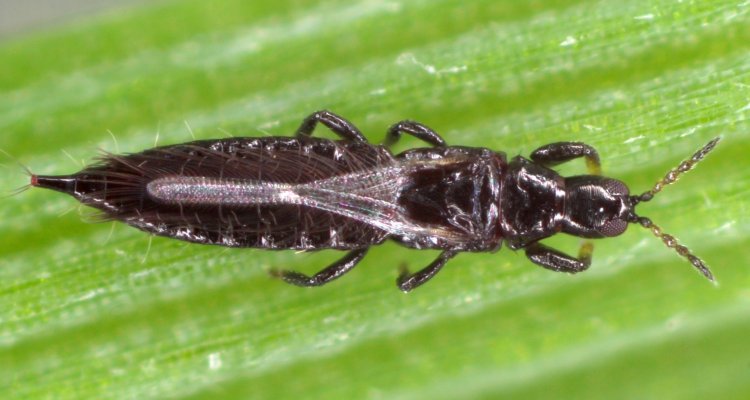
Project
Groene Veredeling - Introgression of thrips resistance in leek
The aim of the project is to contribute to the development of a more sustainable leek cultivation by the introgression of novel sources of thrips resistance into leek. Thips are small insects that cause major problems in the organic and conventional cultivation of leek.
In the event of serious thrips damage, organic growers have no means to intervene and can only sell their products as lower market quality class, while conventional growers use pesticides to control thrips. For that reason, in our previous project KV 1409-014, we have looked for host plant resistance as an alternative approach.
Although some resistance is present in leek cultivars, levels of thrips resistance are not sufficient when insect pressure is high. We identified high levels of thrips resistance in four leek-related wild species. With one source of resistance, we succesfully obtained interspecific F1 hybrids, which even proved to be highly resistant. Backcrosses with leek yielded progeny plants of which some were also resistant. Cytogenetic analysis showed that recombination between two chromosomes of leek and the wild species occurred. The three other sources of resistance are still under study. Knowledge and experience on thrips-resistant wild species for the use in introgression breeding has led to the development of excellent starting material for a follow up project.
The aim of this project is to release pre-breeding materials to breeding companies and to elucidate the genetics. Leek cultivars with high levels of thrips resistance are important for organic and conventional agriculture and will lead to a more sustainable agriculture by reducing the amount of pesticides.